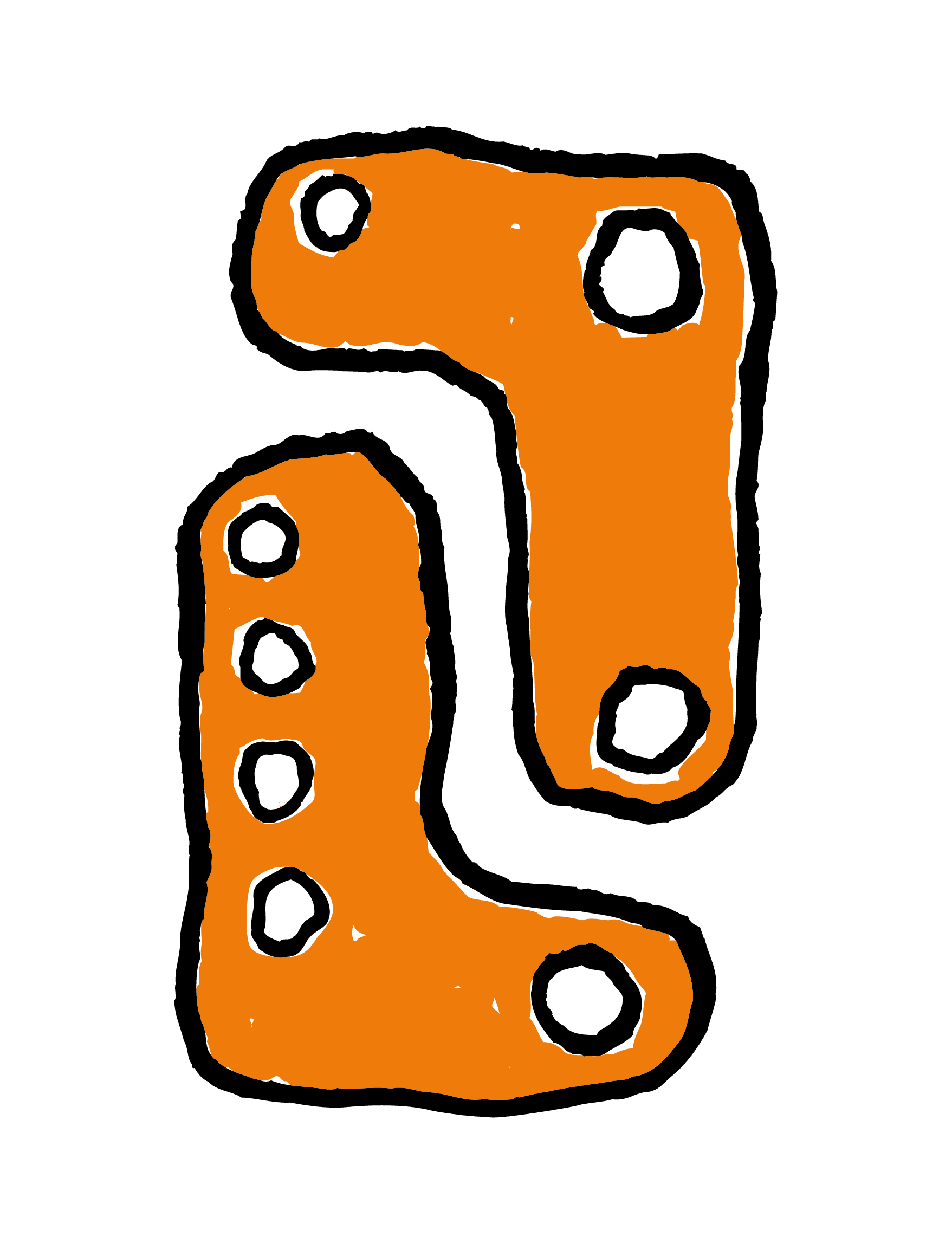Where we work
Facts about Bolivia
Area: 1,098,580 km.sq.
Climate: Tropical Jungle ('Oriente') to Cold Highlands ('Altiplano')
Capital: Sucre
Seat of Government: La Paz
Currency: Boliviano
People: 39% Quechua, 30% Mixed Race, 25% Aymara, 5% European Descent
Official Languages: Spanish, and all the languages of the indigenous nations and peoples
Religion: 94% Christian (12% Evangelical), 6% Other Faiths/None
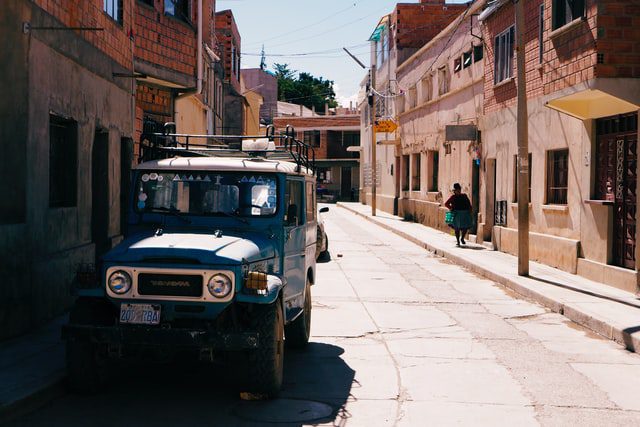
Geography and climate
La Paz is one of the highest cities in the world at just under 12,000 feet. Not all cities are yet linked by paved roads, and transport to areas outside the main towns and cities can be unpredictable.
Bolivia is rich in natural resources, especially minerals, gas, petroleum, hardwoods, soya and other crops including potatoes, rice, corn, sugar cane, yucca and bananas. Coca cultivation is on the increase.
Politics and economics
The story of the last decade has been the rising up of the 60 per cent indigenous population, marginalised by the elite ruling class, to protest against perceived injustices. Direct action in the form of marches, strikes and road blocks over issues revolving around land rights and the management of natural resources and utilities has been common, and in many cases effective.
People and society
In 2006, 60 per cent of the population was classed as living in poverty, with 38 per cent living in extreme poverty – the majority living in rural areas.
Family remains important, with the most people living close to their family. However, the economic situation has led to the migration of more than two million Bolivians to Spain, the USA and Argentina. Often one parent goes leaving the husband/wife and children behind. This has led to family disintegration, with the separated parents often taking other partners, or children left to grow up alone. The absence of the mother is seen as the absence of the core of the family. Values are changing with money becoming more important than family in many cases. About half the population is currently under the age of 15.
Religion and the church
This has been a big change because until the New Constitution the Roman Catholic Church was the official church and enjoyed special benefits.
Despite the state’s declared independence from religion, the government promotes the traditional religions of the original peoples. This is causing resistance from both the evangelical church and the Catholic Church, despite its historical tolerance of syncretism. The majority of evangelicals have in the past come from the lower classes, and these are the people being most politicised by the government and encouraged to return to “traditional” beliefs and practices.
The evangelical church has not been very interested in social action until recently. However, some of the Bible and mission training colleges are starting to include integral mission in their syllabus.
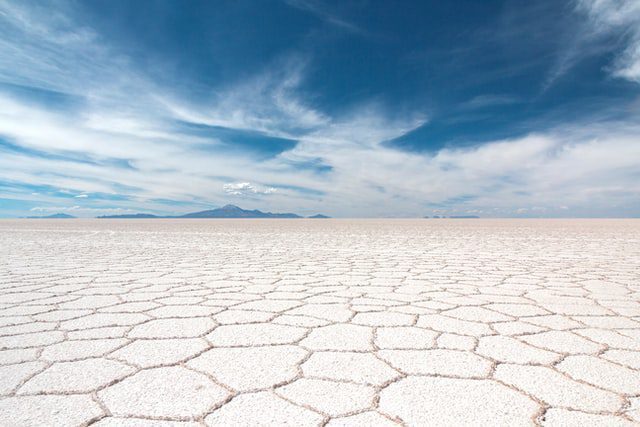
Latin Link's work in Bolivia
‘Given the current political situation, we don’t need people who are just theologians. Instead we need professionals to work in social projects and be involved in holistic mission, ready to teach and preach, and disciple believers. The church remains weak in many cases and help is needed to bring it to maturity in a culturally appropriate way. There is a need to prepare leaders and help people see their identity as Christians as more than just turning up for church on Sunday. We need people to come in who are willing to live a lifestyle appropriate to their context and to encourage local believers.’

Meet our team in Bolivia
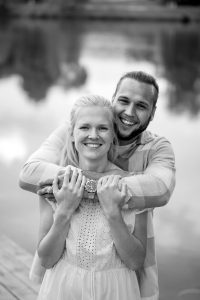
Katharina Wend and Michael Friesen
Katharina and Michael will be based in Santa Cruz, for six months. Their time will be split between three ministries. They will both be supporting El Alfarero (The Potter), a
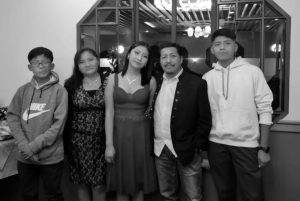
Jony and Senovia with Grace and Derek, are based in Cochabamba and are in the process of raising funds with the inten on of joining the Stride programme and becoming
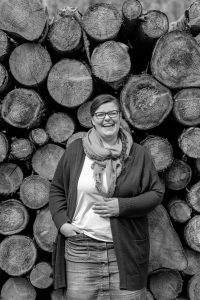
Regina is entering her second year of Stride in Santa Cruz. She works with Talita Cumi Children’s Home and Ruth’s House. Talita Cumi focuses on showing God’s love to abused
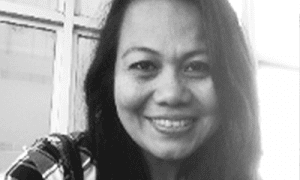
Maribel Beyuma Chao is returning to serve again at St Hilda’s Church, Manchester. Maribel assists with the church’s programmes for young people and families and also reaching out to the
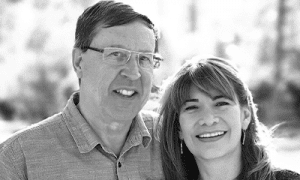
David and Denise work in an advisory capacity among deaf Christians and church ministries in Britain, Ireland, Bolivia and Latin America. They teach Christian discipleship and run Bible training workshops
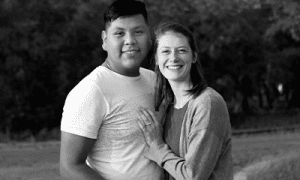
Sadie Grace Hammond and Víctor Hugo Villarroel
Víctor, Sadie Grace and their son, Ansel, are based in the city of Santa Cruz. Víctor serves in a children’s home called Talita Cumi where he offers academic assistance and

Craig and Amanda Cunningham, with Sam, live in the city of Santa Cruz. Craig serves as pastor of Trinity International Church and supports the Langham Preaching programme in Santa Cruz.
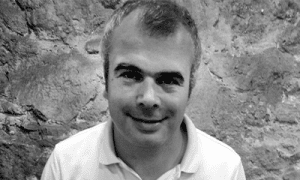
Joe Stoneham is based in Trinidad. He is supporting the development and strengthening of the local CCU group (IFES) which is a student ministry focused on discipleship and evangelism. Joe also
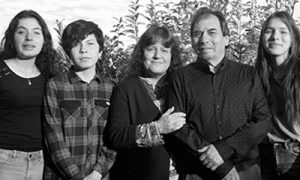
Juan Soza and Anouschka Putschky de Soza
Juan and Anouschka with Jonathan, work in La Paz and El Alto, where they run programmes for children, teenagers and adults who live on the streets, many of whom have
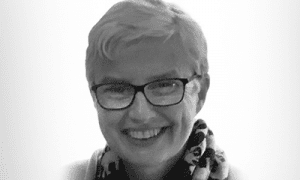
Julie Noble works with Prison Fellowship International in Oruro. She supports the Árbol del Ángel (Angel Tree) Centre programme, which works with prisoners’ children and their families, and is part
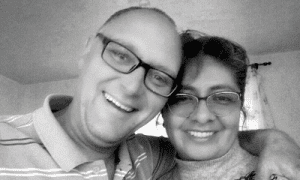
Louis and Maribel Woodley are involved in leadership training. Louis heads up the Timothy Leadership training institute in Bolivia. Maribel is involved in pastoral care and missionary member care. They will be
Mission opportunities in Bolivia
The Bolivia team is looking for people with a heart to serve God and be sensitive to the culture here; people ready to live alongside Bolivian believers even when that is not comfortable, and model servant leadership to them; people willing to pioneer, to be prepared to go to places where there are less comforts and where there are no other foreigners.
We want people who have got some real world job experience. Skills may include preaching, teaching, discipling, pastoral, youth and children's work, music, project management.
Applicants must be willing to study and learn Spanish (or the other languages spoken in Bolivia) well.
To find out more about mission in Bolivia, please browse our opportunities or contact us.
Care and Social Action
Bolivia (Vinto, Oruro)
Work with the residents of PRADOS, who are recovering from problems with drugs and alcohol, by means of sports, counselling, Bible studies and accompaniment.
Care and Social Action
Bolivia (Oruro)
Work in the prison of San Pedro and in the My House refuge, where minor offenders are held. There are two programmes working at the moment.
Evangelism
Bolivia (Santa Cruz)
Work in a Christian Café for students in the busy commercial centre of Santa Cruz and build up friendship and trust with the students.
Care and Social Action
Bolivia, La Paz
Work within the IJM (International Justice Mission) office in La Paz, Bolivia. Puedes trabajar en la oficina de MJI (Misión de Justicia Internacional) en La Paz, Bolivia. das IJM-Büro in
